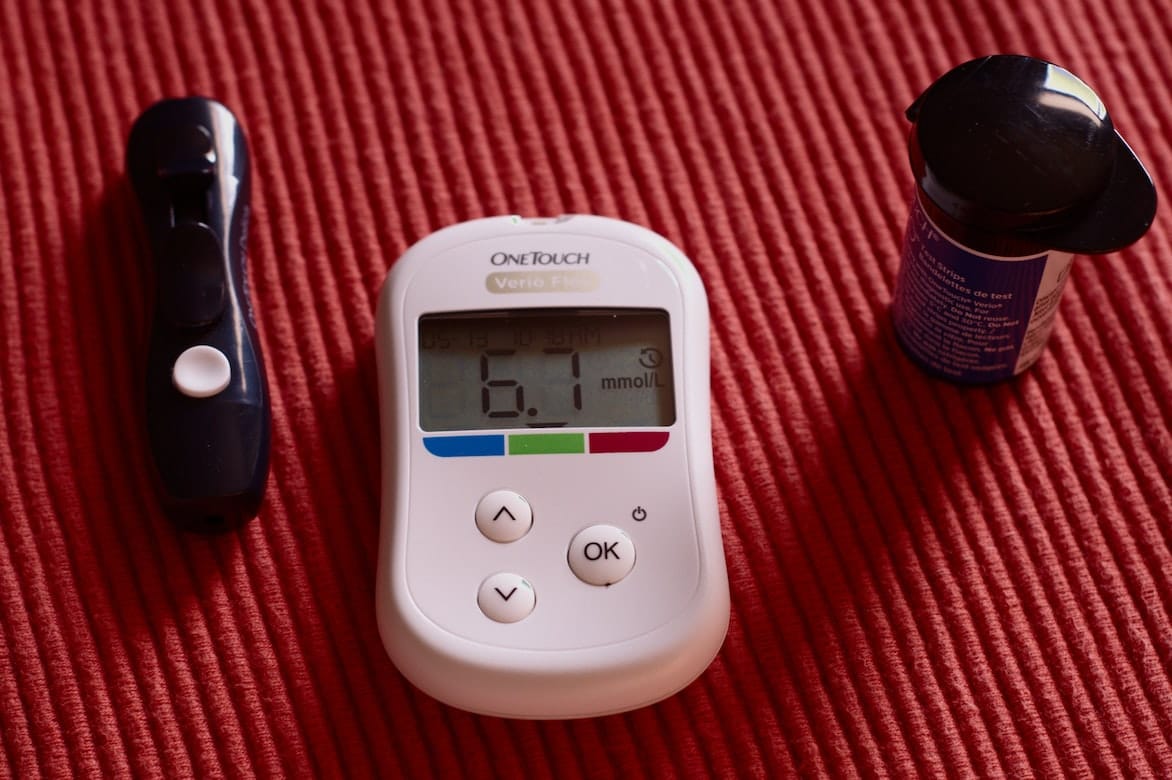Preventive Healthcare
PPBS Test: Complete Guide to Postprandial Blood Sugar Levels, Normal Range, and Interpretation

Table of Contents
The postprandial test is a common health test that you might know about but are unaware of the medical term. It is a type of test for diabetic people to detect the amount of glucose in their bodies. However, it is not similar to a normal diabetes-related blood test. In most cases, such tests are prescribed to older adults from the age group of 40. However, in recent years, diabetes has victimised young adults and teenagers too.
In this detailed article, you will learn about postprandial blood sugar, its level, tests and many more at length. Scroll down to read the complete article on PPBS.
What is Postprandial Blood Sugar?
Postprandial blood sugar is the glucose level of your body that rises after you consume any food or drink. The term ‘postprandial’ means ‘after meal’, whereas the meaning of prandial means anything related to lunch or dinner or any meal.
Normally, your blood sugar level will rise after you eat. It does not depend on the type of food you are consuming. Within two to four hours, your blood sugar level will drop to normal after your body consumes the extra glucose in the form of energy. This extra sugar or glucose is called the postprandial blood sugar in your body.
However, a healthy person does not need to worry about postprandial blood sugar levels. But you should be careful of your health if you have a low blood sugar count or hypoglycemia. It is also known as Type 2 Diabetes in the medical dictionary.
Risk factors
The proper reasons for the cause of naturally low blood sugar or reactive hypoglycemia are still unknown to scientists. However, some potential causes and risk factors can lead to reactive hypoglycemia. The causes of hypoglycemia are as follows:
- Certain strong medications or insulin for diabetic patients lower their blood sugar levels. Excessive alcohol consumption
- Certain surgical procedures, such as gastric bypass or other bariatric surgery.
- Family history of metabolic conditions, also called inherited metabolic disorders.
- Certain types of tumours, especially insulinomas, i.e., tumours in the pancreas, produce excess insulin.
- Improper diet
Symptoms
Visit your nearest healthcare professional if you sense any of the following symptoms in you or your near ones:
- Constant dizziness
- Unusual shakiness
- Feeling weak for a considerable time
- Increased hunger
- Uneven heartbeat
- Excessive sweating
- Continuous headache
- Feeling anxious
Normally, these are common events. But if the events persist for a longer period, you should get alarmed.
What is a Postprandial Blood Sugar Test?
A Postprandial blood sugar is not different from any other normal blood test. But in this case, you must have your meal at least two hours before the test. Generally, the glucose level rises after having a meal. Carbohydrates contribute the most glucose to your body.
The process starts with your meal. Professionals will take your blood sample just after you have your meal. After two hours of your meal, they will again take your blood samples. Normally, in a healthy person, glucose level comes to normal after two hours. However, if your blood sugar level doesn’t decrease, you might have hypoglycemia.
Normal Range of Postprandial Blood Sugar
You can check the following data to understand postprandial blood sugar levels among different age groups.
- Normal case
- Just after a meal: 170 to 200
- Two hours after a meal: less than 140
- Early Diabetes
- Just after a meal: 190 to 230
- Two hours after a meal: 140 to 200
- Diabetic Patients
- Just after a meal: 230 to 300
- Two hours after a meal: more than 200
Moreover, the normal postprandial blood sugar level also depends on your age. Check the following list to understand better:
- Below 6 years: 180
- 6 to 12 years: Up to 140
- 13 to 19 years: Up to 140
- Above 20 years: Below 180
Therefore, it is not a good sign if your blood sugar level exceeds the normal range. But don’t worry; your doctor will tell you how to control your glucose level.
Who should check the PPBS level?
- A pregnant woman with type 1 or 2 diabetes.
- Diabetic patients who are taking new insulin or medicine.
What Should You Do to Control Your Diabetes?
Diabetes or blood sugar levels cannot be prevented in any way. Furthermore, if your family has a history of high or low blood sugar or type A or B diabetes, you are more likely to attract similar health conditions. However, you can follow the following steps regularly to avoid further complications:
- Visit a dietician and get a properly balanced diet chart. Follow the chart strictly.
- Keep your body fit through regular exercise.
- Stop alcohol and tobacco consumption.
- Do not starve.
- Avoid sugary food items or any sweet snacks.
Conclusion
To summarise, check your blood sugar level regularly. It is very important to visit your doctor regularly for routine checkups. If you are a diabetic patient, remember that you must take care of your health seriously. Moreover, please do not delay your postprandial blood sugar test if your doctor asks you to do. It can bring serious health issues shortly.
Metropolis Healthcare is one of India’s leading diagnostic centres. Visit your nearest Metropolis Healthcare Centre for any pathological test or diagnosis. They have a good reputation for satisfying their clients.
Some of the advantages of Metropolis Healthcare are as follows:
- Latest testing apparatus.
- One-time sample collection.
- Special attention to every patient.
- Clean and sanitized labs.
- Optimum safety measures maintained by the professionals.
- An accurate and checked report in less than 24 hours.
Final Takeaway
- Follow the instructions of your doctor.
- Maintain a balanced diet.
- Regular exercise.
- Regular checkups after 35.
- Regular tests in Metropolis Healthcare as prescribed by the doctors.
Related Tests
Tests related to the topic











































